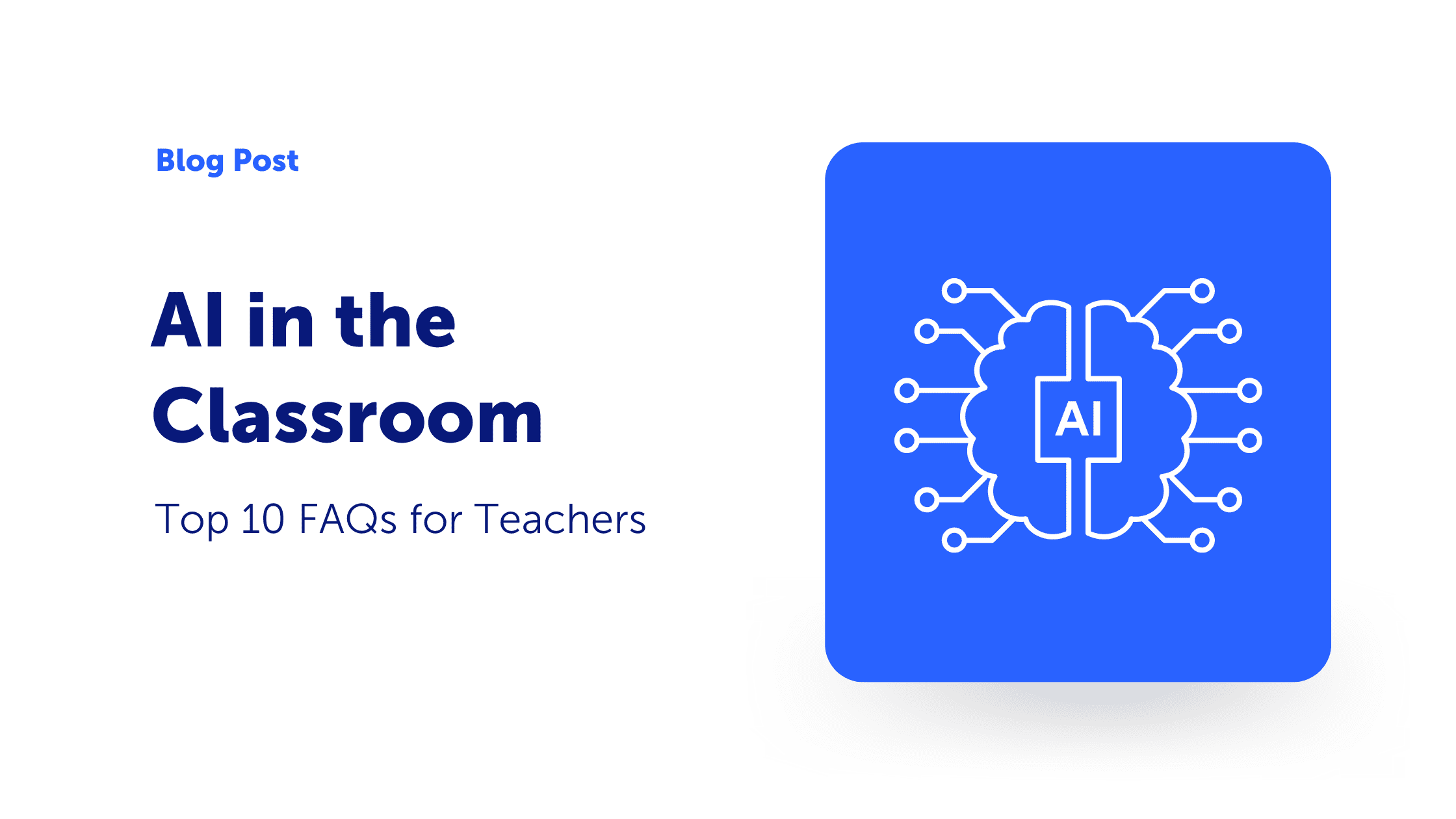
As technology continues to advance, the integration of Artificial Intelligence (AI) in the classroom has become a popular topic of discussion among educators. Teachers are increasingly interested in understanding how AI can be effectively used in education to enhance student learning, engagement, and outcomes. In this article, we will explore the top 10 frequently asked questions from teachers about AI in the classroom and provide brief answers to help educators gain a better understanding of this emerging field.
What is AI and how does it work?
AI, or Artificial Intelligence, refers to machines or computer systems that are capable of performing tasks that typically require human intelligence. AI works through algorithms and data processing to enable machines to learn, analyze, and make decisions autonomously.
How can AI be integrated into the classroom curriculum?
AI can be integrated into the classroom curriculum through various means such as using AI-powered tools, software, or applications for educational activities, incorporating AI-related concepts into lesson plans, or engaging students in hands-on AI projects or coding activities.
What are the benefits of using AI in education?
Some benefits of using AI in education include personalized learning opportunities, enhanced student engagement, improved assessment and feedback, access to vast educational resources, and the development of critical thinking and problem-solving skills.
Learn more about how AI is empowering educators in our Growth Over Grades Podcast episode.
What are some examples of AI tools or technologies that can be used in the classroom?
Examples of AI tools or technologies for classroom use include adaptive learning platforms, language processing tools, virtual tutors, educational games with AI components, and data analytics tools for personalized learning.
How can AI support personalized learning for students?
AI can support personalized learning for students by analyzing individual learning patterns, preferences, and strengths, and providing tailored recommendations or content to meet their unique needs and pace of learning.
What are the ethical considerations of using AI in the classroom?
Ethical considerations of using AI in the classroom include issues related to data privacy, bias and fairness in algorithms, transparency and explainability of AI systems, student consent, and equitable access to AI technologies.
How can teachers effectively teach about AI concepts to students?
Teachers can effectively teach about AI concepts to students by using age-appropriate language, incorporating real-world examples, providing hands-on activities or demonstrations, discussing ethical considerations, and promoting critical thinking and discussion.
What are the potential risks or challenges of using AI in education?
Potential risks or challenges of using AI in education include the potential for biased or discriminatory algorithms, overreliance on AI without human judgment, lack of data privacy, technological limitations, and the need for ongoing professional development for teachers.
How can AI be used for assessment and feedback in the classroom?
AI can be used for assessment and feedback in the classroom through automated grading, data analytics for student performance analysis, and providing real-time feedback on student work, allowing for immediate insights and personalized feedback.
What professional development opportunities are available for teachers to learn about AI and how to use it in the classroom?
There are various professional development opportunities available for teachers to learn about AI, including workshops, online courses, webinars, conferences, and educational resources provided by reputable organizations or institutions focused on AI in education.
As AI continues to evolve and become more prevalent in education, it is important for teachers to stay informed and up-to-date with the latest research, best practices, and ethical considerations when incorporating AI into their classrooms. By leveraging the potential of AI in education thoughtfully and responsibly, teachers can unlock new opportunities for personalized learning, assessment, and engagement, ultimately empowering their students with the skills and knowledge they need to thrive in the 21st century.

